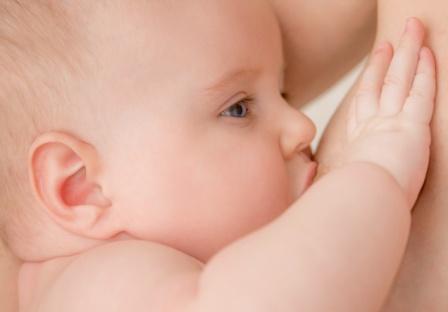How much extra fluid does your body need for breastfeeding a newborn? Philips Avent consults with Independent midwifery consultant, Dr Diana du Plessis on how much liquid breastfeeding moms should be drinking.
Dr du Plessis believes that mothers should aim to drink between eight and 10 glasses of fluid or water per day to stay hydrated. “Drinking to quench thirst” is a nursing mother’s best guide as to how much liquid she should drink.
Good sources of fluids include water, fruit and vegetable juices, milk and soups.
Contrary to popular belief, a mom does not produce more milk if she drinks more, but she may surely produce less when the intake of liquids are diminished and even more so when she is dehydrated. If the baby does not have unrestricted access to the breast, due to the limited production, he could become dehydrated as well.
“Furthermore, the nutritional content of the milk might change when the mother is dehydrated leading to adverse health effects for both mother and baby if the dehydration lasts for more than one or two days,” adds Dr du Plessis.
Breast milk alone is the ideal nourishment for infants for the first six months of life, because it contains all the nutrients, antibodies and hormones that an infant needs to thrive. Babies who are breastfed through the first year of life have fewer illnesses and a lower chance of death and serious illness as breast milk protects them from diarrhoea and acute respiratory infections.
It furthermore stimulates their immune systems and responses to diseases and aids the response to vaccination. For these reasons, it is important for nursing mothers to remain hydrated so that they increase their chances of successful breastfeeding.
Astrid Anderson, distributer of Philips AVENT products adds that the storage of excess breast milk does not need to be of concern to breastfeeding moms. “Philips AVENT has made it easy for mothers who choose to conveniently and safely store baby’s precious liquid. There are two fitting options for storage, both of which are fridge and freezer safe; The Philips AVENT VIA Breast Milk storage cups are dishwasher safe and compatible with all Philips AVENT breast pumps and teats and The Philips AVENT Breast Milk Storage Bags, which hold 180ml of breast milk, come conveniently pre-sterilized for immediate use,” adds Anderson.
Latest posts by Contributor (see all)
- Video: How much sleep does your baby need? - July 1, 2014
- Music and dance may help your baby’s social skills - July 1, 2014
- Bio-oil’s Marks of Change initiative - July 1, 2014






 Saving...
Saving...